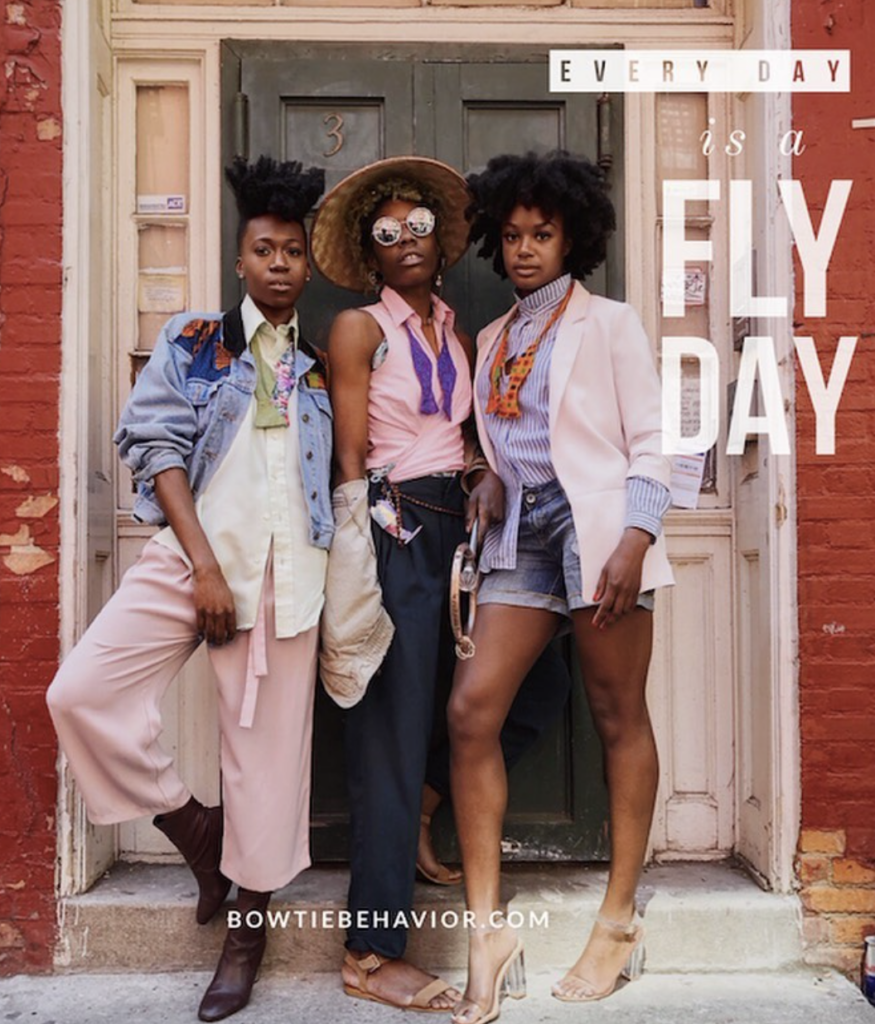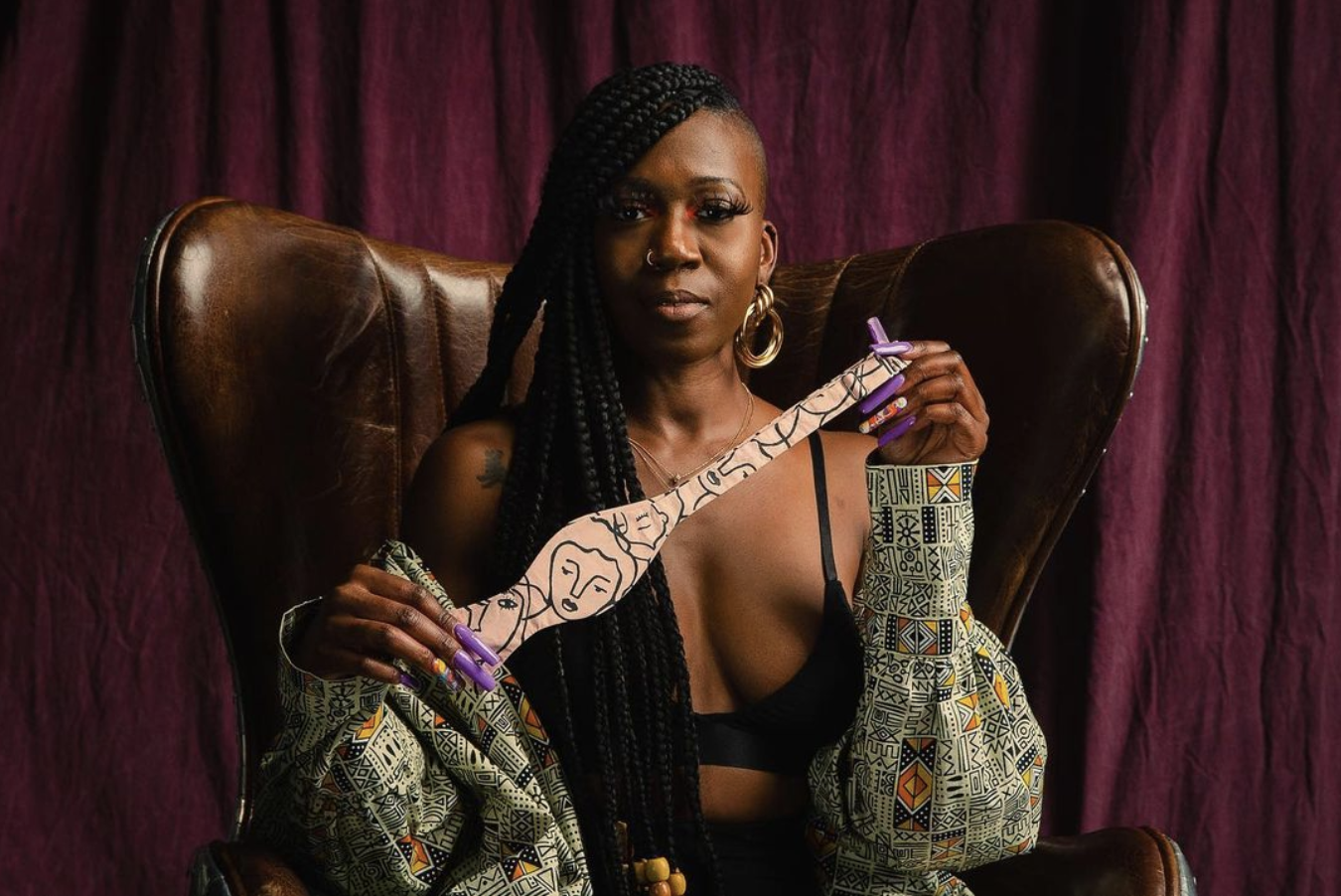When you can’t find something that works for you, you make it yourself. That’s exactly what Robin Williams did when she created her business Bow Tie Behavior.
“Bowtie Behavior was founded with the intent to create pieces that are bold and flavorful; pieces that outfits are built around,” the brand’s sire said.
Williams has continuously made sure of that. When she was in search of a bow tie for her best friend’s bow tie-themed wedding in 2014, she found no luck. She wanted something that matched her style but was also cost-effective. Instead of stressing herself to find the perfect bow tie, she created it. After getting so many compliments on her look, she decided to start a business creating out-of-the-box designs for the accessory. The simple passion project has now skyrocketed into something bigger and more purposeful than solely bow ties.
21Ninety caught up with Williams to discuss the brand and why as a queer Black business owner, the work she is doing is so important to her.
Making Bow Ties For Everyone

Typically, the only time bow ties can be spotted is on men in formal settings. Williams says that shouldn’t be the case. She says she wants to “empower people of all genders to feel comfortable and confident in a bow tie because it truly is a genderless accessory.”
Williams knows that her purpose in this space is important.
“In today’s political and social climate, there are brands that outright will not sell to people who look like me or live like I do,” she says. “So I make it a point to let people know this is who I am, and these are my people, you are safe here, you are welcomed here, and you can be yourself.
Williams says there have been several roadblocks she has had to face as a Black queer business owner.
“Statistically, queer entrepreneurs receive business funding at exponentially lower rates than our hetero counterparts and even less when we are Black or Brown,” she explained. “Even with growing visibility, it can sometimes feel like an uphill battle to stay consistent due to unequal access to networks, and exclusion from influential business circles, contracts, partnerships, etc.”
She says there are also times when preconceived biases and negative stereotypes about black-owned businesses create additional barriers.
Although being a Black queer business owner can come with a lot of stress, Williams wants to make sure that everyone stays the course.
“There will be times when you feel like what you are doing is not important, or that no one sees the value in your product or service, but just know that there is ALWAYS a need for you,” she said.
She works to reminds other Black queer business owners of their importance.
“Your insight, your perspective, your resourcefulness, your innate ability to create and influence DOPENESS,” Williams quipped. “So when you are feeling less than confident, please lean on your community, friends, and family to affirm you, please take a step back to regroup, but do not stop, because your business is needed, and your presence in the market is needed.”
